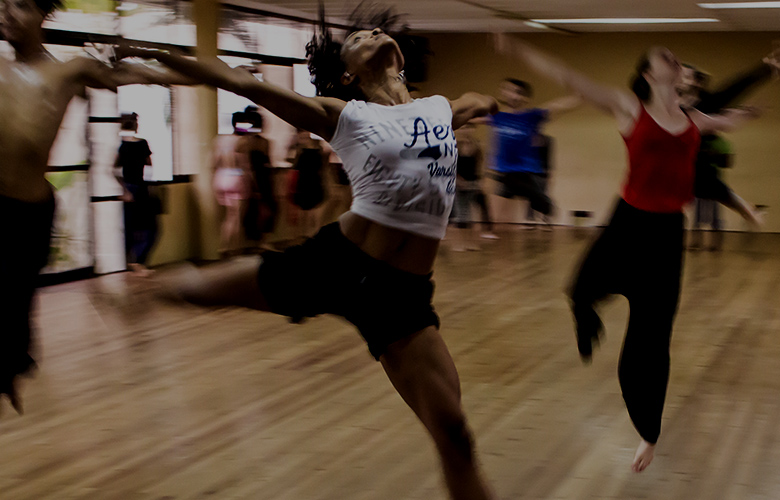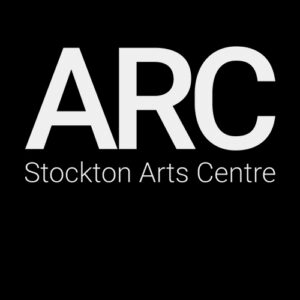
At this time of year, you might expect a Chief Executive & Artistic Director to be blogging about the Edinburgh Festival. However, apart from celebrating ARC Associate Artist Daniel Bye winning a Fringe First for his show, Arthur, (made with Sarah Punshon and their five month old son), and planning for the announcement of the Venues North inaugural festival award recipient on Friday, the delights of the festival are still a couple of weeks away for me.
Except for me, working on the finances isn’t about not ‘doing art’. Quite the opposite: I don’t believe you can do art without understanding how the money works.
I’ve been poring over ARC’s statutory accounts for 2018-19 and writing the report that accompanies them. Alongside lots of mandatory information such as how our Board of Trustees operates, what our reserves policy is and how we manage risks, the report gives an overview of our work during the year. Writing it is always a good time for reflecting on our achievements (and challenges). Time seems to pass so quickly, with events and activities coming thick and fast, that it can be quite a feat simply to remember everything we’ve done! Hence this week has involved lots of reading back over quarterly reports and looking up stats held on spreadsheets.
The report is intended to complement the figures, which tell a story in themselves. I’m always slightly frustrated by the way statutory accounts for charities have to be presented, recognising income at the point it is received. For me this distorts the true trading picture – you could receive a £30k grant in 2018/19 but not deliver the activity it is funding, and therefore incur related costs, until 2019, which means you would show a £30k profit in 2018 and a £30k loss in 2019. For me, our management accounts, where we defer grants until we spend them to show an accurate trading position, are far more useful.
Our accounts are subject to an external audit, which provides reassurance to our Board, funders, the Charity Commission and anyone concerned with how public money is used that we are operating our resources properly in line with our charitable aims.
I’ve always found this quite shocking, as I simply cannot imagine being able to do my job without having a detailed understanding of finance. I never see this as the boring bit of the job, but rather as an essential tool in facilitating the work we do. I’m sure that 99% of the decisions that we take as an organisation have a financial basis, so without knowing the financial impact of supporting that artist, programming that show, replacing that piece of equipment (or indeed, not replacing it) etc. I just don’t see how decisions can be made.
It always takes me a while to unpick the statutory accounts, aligning the unrestricted and restricted funds with our management accounts, but I know it is time well spent, and without this grasp of exactly how our funds work, I can’t make the best decisions.
It’s when they drift apart that arts organisations run into difficulty – either not fulfilling their mission or worst still, slipping into financial trouble.
I’m pleased to say that ARC’s finances are in good shape, and we’re looking forward to another year of great art.
Arts Connecting with Community: Pizza and Pitches


Annabel Turpin is currently Chief Executive & Artistic Director of ARC, a charity that uses arts and cultural activity to strengthen its local community. It works locally, in Stockton and the Tees Valley, and nationally, through leadership of networks and partnerships. ARC presents a year round programme of arts and cultural activity including live events, film screenings, workshops and classes, and works to ensure it engages people who might be socially excluded. Annabel is a board member of Tees Valley Local Enterprise Partnership, Sunderland Culture Company and the North East Culture Partnership, where she has helped develop the region’s Case for Culture strategy. She co-chairs Future Arts Centres, a national network of more than 100 UK arts centres, committed to championing the role of arts centres within the wider cultural and community sector. She launched and chairs Venues North, a group of 35+ venues from across the greater North committed to helping performing artists get their work seen more widely, and also chairs the North East Artist Development Network. As a freelance consultant, she has undertaken work around organisational development for a range of clients, including companies, venues and local authorities, as well as mentoring and facilitation at both executive and board level.
Read Full Profile© 2021 TheatreArtLife. All rights reserved.

Thank you so much for reading, but you have now reached your free article limit for this month.
Our contributors are currently writing more articles for you to enjoy.
To keep reading, all you have to do is become a subscriber and then you can read unlimited articles anytime.
Your investment will help us continue to ignite connections across the globe in live entertainment and build this community for industry professionals.